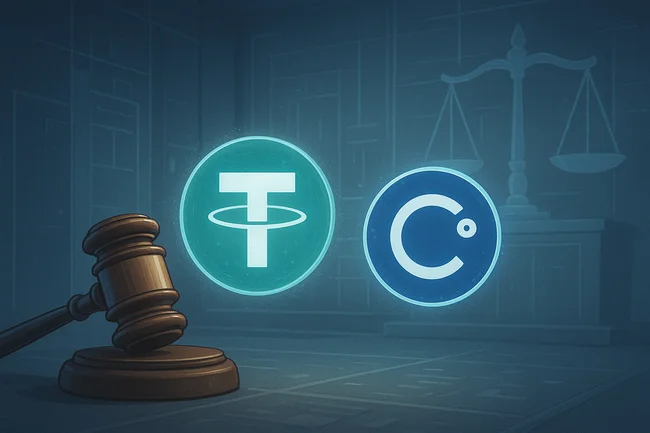A fork-resistant chain refers to a blockchain that is designed to minimize the likelihood of forks, which occur when a single blockchain splits into two or more separate chains. This can happen due to disagreements among the community, changes in the protocol, or software updates. Forks can create uncertainty and impact the value of the tokens associated with the chain. A fork-resistant chain aims to maintain stability and consensus among users, making it less likely for splits to happen. This stability is often achieved through strong governance mechanisms and well-defined development processes. Essentially, by reducing the chances of forks, developers can foster a more reliable and secure network. Users can have more confidence in the continuity and integrity of their transactions. Overall, a fork-resistant chain contributes to a smoother and more cohesive experience for everyone involved.

Tether Settles $299.5 Million Claim With Celsius Bankruptcy Estate
Tether has paid $299.5 million to the Celsius Network bankruptcy estate, resolving a legal dispute that stemmed from the cryptocurrency lender’s



